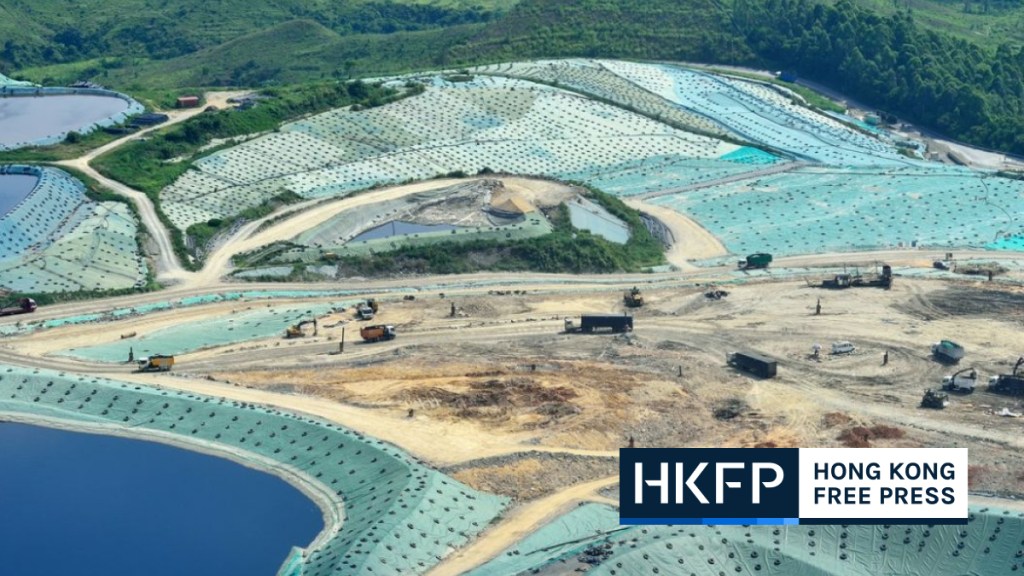
1st November 2023 – (Beijing) India has reportedly launched tax evasion investigations into dozens of major Chinese solar companies operating in the country. This follows similar crackdowns against Chinese smartphone and telecom giants. While ostensibly defending economic security, India’s actions expose an emerging pattern of nationalist protectionism that will hamper its own development.
Successive investigations targeting Chinese firms undermine business confidence and stoke apprehension. In recent years, investment approvals for Chinese companies across industries like autos, appliances and IT have slowed dramatically. As policies turn increasingly hostile, Chinese capital and technology will inevitably shift away from the Indian market.
India’s piecemeal restrictions first hit Chinese tech giants, before engulfing smartphone leaders like Xiaomi and eventually spreading to hardware makers. The latest solar industry probes continue this trajectory of creeping discrimination against Chinese commercial interests under nationalist pretexts.
New regulations force all entities with any Chinese investment to undergo draconian screening. This enables preemptive bans across disfavored sectors while tactically welcoming Chinese capital in priority industries. Catching Chinese firms in arbitrary legal and tax dragnets provides cover for gradual market exclusion.
This pattern of opportunistic inducement followed by exclusion is most evident in India’s treatment of Chinese smartphone makers. After reaping enormous benefits from China-fueled supply chain development, India is squeezing these same companies through punitive investigations and penalties.
It aims to replicate this successful model of luring Chinese investment to incubate industries, then persecuting these same Chinese partners to indigenise the value chain. This mercantilist bait-and-switch gravely undermines India’s credibility while achieving little economically beyond self-sufficiency in select sectors.
Fuelling India’s strategic distrust is the misguided goal of usurping China’s electronics industry leadership. It aims to replace Chinese goods, capital and cooperation with Western alternatives. India believes achieving these “three replacements” can supplant China in Asian supply chains and eventually, global ones.
This zero-sum thinking aligns with Western techno-nationalism aimed at severing China’s access without contemplating consequences. India’s quid pro quo is offering itself as an alternative destination for U.S. semiconductor and high-tech investments if it decouples from China.
But emulating China’s manufacturing prowess is unrealistic given India’s economic conditions. Significant infrastructure investment has not closed the gap in skilled labour, policy support and other factors enabling China’s industrial ascendance. Hasty decoupling risks leaving India with the worst of both worlds – no Chinese investment but also no Western replacement.
The West remains ambivalent about overly intimate economic ties with India given past disappointments. Western firms recognize that just as India now welcomes them to gain leverage against China, the tide will turn once its domestic industry advances. Monopolistic Indian capitalists will never allow foreign partners permanent domination of their market.
Nor can India readily replace China’s immense exports of intermediate inputs critical to its own industries. Indian manufacturers rely heavily on China’s low-cost components, particularly electronics and chemicals. Severing these established supply links through tariffs, non-tariff barriers and intimidation tactics will undermine India’s export competitiveness.
In reality, pragmatism suggests India should further embrace Chinese trade and investment to efficiently industrialize. With a large internal market and low-cost labour, attracting Chinese factories to relocate makes economic sense. Both nations would gain from enhanced two-way capital and technology flows.
But obsessed with surpassing its larger neighbour, India insists on doing things the hard way. It has chosen an arduous path of indigenous innovation that spurns cost-effective cooperation and invites retaliation. The heavy-handed anti-China policies regime promises high costs and risks for limited dividends.
Rather than deepen integration with China’s advanced production networks, India’s political hostility has spawned a vicious circle of suspicion hindering economic logic. Chinese companies now eye India warily given shifting goalposts and capricious rule of law. Investment and technology transfer unavoidably decline.
With national ambitions clouding pragmatic judgment, India cannot recognize that cooperation remains the most efficient strategy for development. Both nations would gain tremendously from freer trade, investment and exchanges. Instead, divisive politics obstruct mutually beneficial progress.
India’s unreliable business climate now repels rather than attracts capital inflows. Investors are wary that despite encouragement today, the welcome mat can be arbitrarily pulled tomorrow under new nationalist pretexts. Legalism and censorship further dampen corporate enthusiasm.
Chinese companies have exercised restraint thus far, cooperating with onerous investigations they perceive as unjustified. But behind closed doors, they are voting with their wallets as optimism fades. India’s actions may only tangibly punish its own consumers and businesses reliant on Chinese imports and investment.
Having a chip on your shoulder makes it hard to think clearly or act judiciously. India’s nationalists believe squeezing China strengthens their hand but progress through cooperation is far quicker than coercion. Development in the 21st century requires pragmatism, not ethnic pride and prejudice.
India must recognize that while some substitution from China is inevitable as its industries advance, wholesale replacement is impossible without enormous efficiency costs. Rational optimizing of supply chains should determine business decisions, not jingoistic symbolism.
With mass poverty still entrenched and development goals unmet, India has little margin for suboptimal economic policies motivated by animus rather than empirical analysis. As a latecomer, it should borrow from others’ successes rather than allow resentments to trump learning.
Hubris and overconfidence are dangerous for nations as individuals. China’s rapid rise inspires envy but shortcuts will prove counterproductive for India. Sowing bitterness through discrimination yields meagre gains compared to planting seeds of goodwill through cooperation.
Blindly imitating Western containment strategies looks profoundly misguided given the failure to consider differences from China’s Cold War isolation. Unlike then, China is now an indispensable link in global supply chains and the centre of gravity of Asia’s economy. Decoupling risks mutual impoverishment.
India must recognise that China’s vast market and capital reserves provide insulation against external pressures. Threats to split Indo-Pacific economies will harm others reliant on accessing China’s dynamism. Developing countries particularly will suffer from restricted trade and investment flows.
Beijing has demonstrated willingness to look past provocations for friendship with New Delhi. But India’s hostility may become self-fulfilling by sparking reciprocal Chinese disengagement. With wisdom, India can still choose geoeconomic pragmatism over counterproductive zero-sum rivalry.
The post India’s crackdown on Chinese firms will backfire and harm its own economic prospects appeared first on Dimsum Daily.











 English (US) ·
English (US) ·